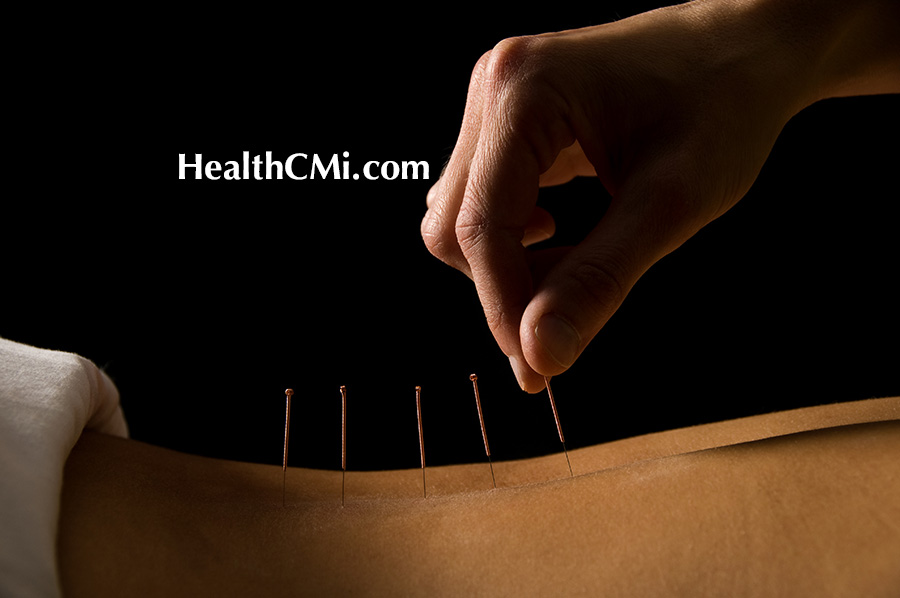
Acupuncture improves sleep for Parkinson’s disease patients. Guangzhou University of Chinese Medicine and Dalian University of Technology researchers performed a meta-analysis of 13 randomized controlled trials, comprised of 719 patients. True acupuncture outperformed medication monotherapy and sham acupuncture. Based on the data, the researchers conclude that acupuncture improves sleep quality for Parkinson’s disease patients and may improve psychological and behavioral conditions as well.
The research team discovered that acupuncture “substantially enhance[s] nighttime sleep quality” in Parkinson’s disease patients. [1] They add that fatigue following sleep and generalized poor sleep are common for patients with this condition. Further, lack of quality sleep is linked to declines in central nervous system metabolic activity and results in increased oxidative stress. Consequently, there is a buildup of α-Synuclein and resultant neuronal loss. The presynaptic neuronal protein α-Synuclein is linked genetically and pathologically to Parkinson's disease.
The researchers note that acupuncture ameliorates the pathological buildup of α-Synuclein by modulating serum and glucocorticoid-induced protein kinase 1 (SGK1). This is a protein coding gene active in in cellular stress responses. SGK1 activates potassium, sodium, and chloride channels and is involved in cell survival, renal sodium excretion, and neuronal excitability. Excess levels of SGK1 are involved in hypertension, diabetic nephropathy, and neurodegenerative disorders.
Limitations
There were significant experimental hurdles that the team had to overcome in the meta-analysis. The heterogeneity of patient conditions and treatment patterns were two cited limitations. As a result, the research team recommends further investigations to examine acupuncture’s role in improving cognition and neuropsychiatric symptoms in Parkinson’s disease patients.
Symptoms
Parkinson’s disease affects the brain and causes uncontrollable movements (tremors, shaking, stiffness, difficulty with balance, lack of coordination). Progression of the illness leads to difficulty walking, difficulty speaking, difficulty swallowing, difficulty initiating movement, insomnia, mental and behavioral changes, anxiety, depression, poor memory, and fatigue. The parkinsonian gait is often present. This gait is when patients tend to lean forward and take small, quick steps with reduced swinging of the arms. Approximately 90% of cases develop starting at the age of 60 or greater.
Reference:
1. Zhang, Anxin, Zefeng Song, Anqi Di, Zelin Zhou, Liang Zheng, and Lixing Zhuang. "Acupuncture for the Treatment of Neuropsychiatric Symptoms in Parkinson's Disease: A Systematic Review and Meta-Analysis." Complementary Therapies in Medicine (2024): 103020.


